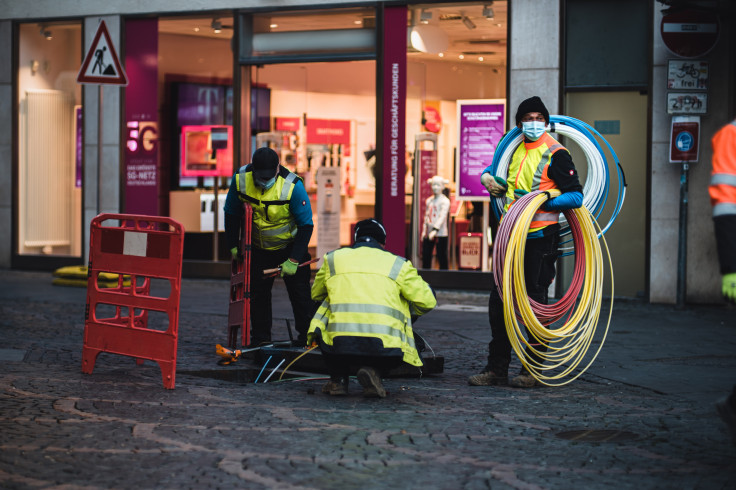
Arkansas led the country when it comes to the number of Latinos without access to the Internet, according to data from the Latino Data Hub, a new project from the University of California Los Angeles (UCLA).
According to the data, 14 percent of the state's Latino population lacked internet access or devices to access and surf the web in 2021. New Mexico and Texas, two other states with large Latino populations, also ranked high on the list. Concretely, they did so in the 2nd and 7th place, with 14% and 11% of Latinos not being able to access internet there, respectively.
"Having access to broadband internet and digital technology is essential to gain access to a wide range of services and opportunities from online education and telehealth to launching innovative startups and achieving economic empowerment," stated the Latino Data Hub on the importance of internet connectivity.
Broadband is also an internet connection but usually offers higher connection speeds and allows more people to connect simultaneously. Broadband was also lacking for Latinos in Arkansas. According to the data, only 30 percent of the Latinos in the state with internet access have broadband services.
"Unfortunately, we are not surprised to hear this as we have been working on this issue for a few years now," said Alexis Cox, a grant writer for El Centro Hispano, a nonprofit based in Jonesboro, Arkansas. "We learned through our youth enrichment programs that many students were completing their assignments on their touchscreen phones."
According to Cox, El Centro Hispano has been working to reduce the digital gap, and it is part of a statewide cohort providing aid and education to Latinos on internet connectivity. Part of its efforts have consisted of helping families with internet payments, renting personal computers and training community members on basic computer skills.
"We need to educate community members about the help that is available, mitigate fear in undocumented immigrants who have children in the American school system, and provide direct resources to help bridge the gap to equitable broadband connectivity," Cox told the Latin Times.
On a national level, Latinos face similar challenges with internet connectivity. Two studies from the Aspen Institute and Pew Research Center analyzing internet access between Latinos and Whites found that Latinos are more likely to lack home computing devices. And as a result, they rely on using their phones and cellular broadband services for all their internet needs.
Using a phone as a primary internet device often puts people at a disadvantage, according to the Aspen Institute. They are less reliable and run slower than fixed-home broadband connections, which could make it difficult to use in educational settings and for other activities such as telehealth and telework.
© 2025 Latin Times. All rights reserved. Do not reproduce without permission.





